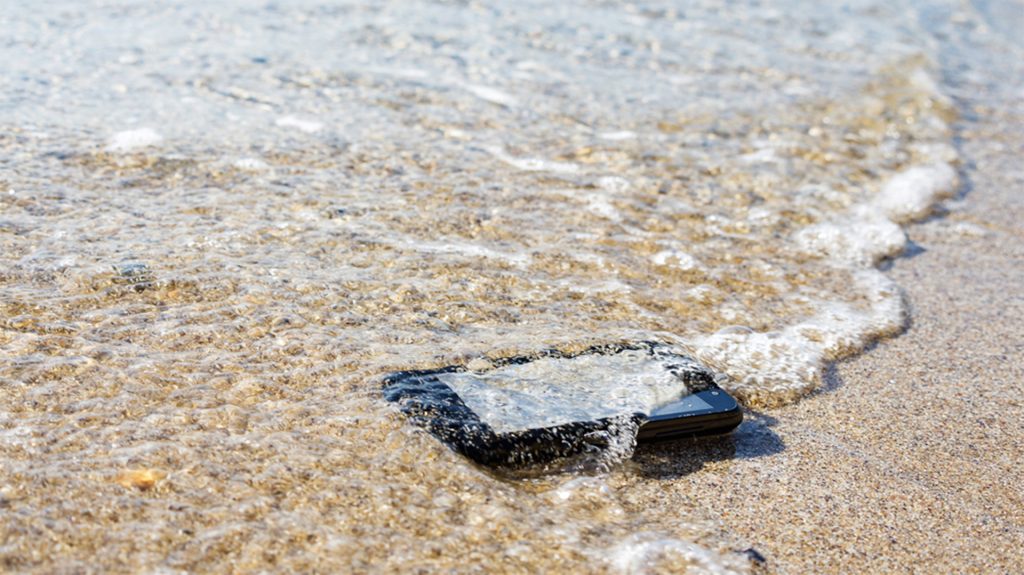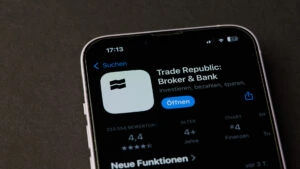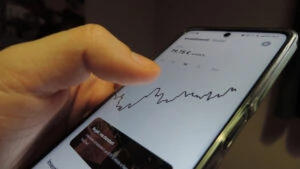With their suitcases packed, many vacationers are ready to leave the stress of everyday life behind. But for a carefree vacation, a secure mobile device should be a matter of course in addition to a charger and power bank.
A representative survey of 1,000 people in Germany conducted by G DATA CyberDefense AG shows that almost all travelers take their mobile devices with them on vacation. Four out of five vacationers frequently use public Wi-Fi networks. However, this convenience is dangerous if you don’t pay attention to IT security. Public Wi-Fi networks are often unsecured and offer cyber criminals an easy way to read data traffic. This creates the risk of personal data being stolen, which can lead to identity theft or financial loss.
Mobile devices on vacation: a double-edged sword
For many, the smartphone or tablet is an indispensable companion on vacation. The smart all-rounder is not only used for communication and navigation, but also for social networks and many other applications.
“Even everyday activities such as online banking or sharing vacation photos on social networks pose security risks, especially on public Wi-Fi connections. Cyber criminals can use these networks to intercept sensitive data. Once the data is in the hands of attackers, the personal information can be misused – whether for identity theft or financial fraud,” explains Tim Berghoff, Security Evangelist at G DATA CyberDefense AG.
Public WLAN networks: a gateway for criminals
Public Wi-Fi hotspots at airports, train stations or in hotels are extremely popular, but also very insecure. Many travelers like to use these services to conserve their data volume and avoid costs. Cyber criminals are aware of this and hack into them to read large parts of the data traffic – for example passwords for mailboxes, online services or shopping portals. Cyber criminals can use various methods to gain access to sensitive data. One popular trick is to create fake Wi-Fi hotspots that resemble real networks. When travelers connect to these fake hotspots, the attackers can intercept the traffic and steal personal information. It is therefore advisable to only use trusted networks and to use a Virtual Private Network (VPN) to encrypt data transmission.
IT security on vacation: how travelers protect themselves against cyber fraud
In order to be able to enjoy a carefree vacation, a few important safety precautions should be taken:
- Install security software: A comprehensive security solution should be installed on all mobile devices before departure.
- Use VPN: VPN ensures a secure connection through the encrypted transmission of data. This data cannot be viewed from the outside and cannot be decrypted by cyber criminals.
- Carry out software updates: Before traveling, the operating system and all apps used should be updated to close security gaps.
- Make back-ups: Travelers should make a backup copy of all important data on an external storage medium before going on vacation. This ensures that all information is backed up even if the device is lost.
- Pack a power bank or USB condom: USB charging stations offer cyber criminals plenty of scope to cause damage. An alternative to public charging stations is your own power bank. USB charging stations should only be used with a USB condom. It protects against data leakage during charging and is inserted between the charging cable and the socket so that only the current for charging flows.
Representative survey by OmniQuest GmbH on behalf of G DATA CyberDefense: For the vacation survey, G DATA CyberDefense AG surveyed a total of 1,000 Internet users from Germany in May 2024. The representative short survey was conducted by OmniQuest GmbH.
(ds/pressebox/G DATA CyberDefense AG)






